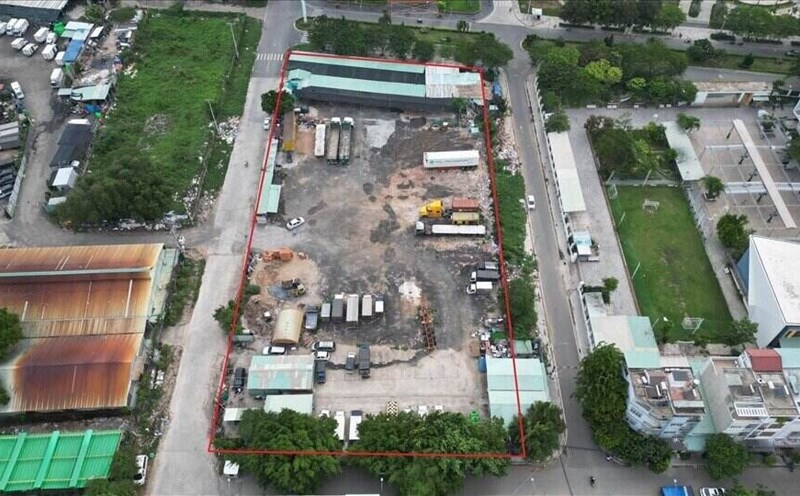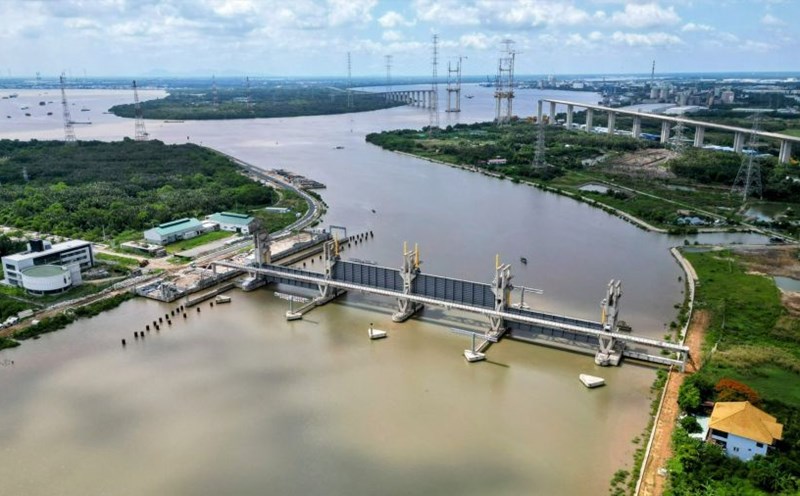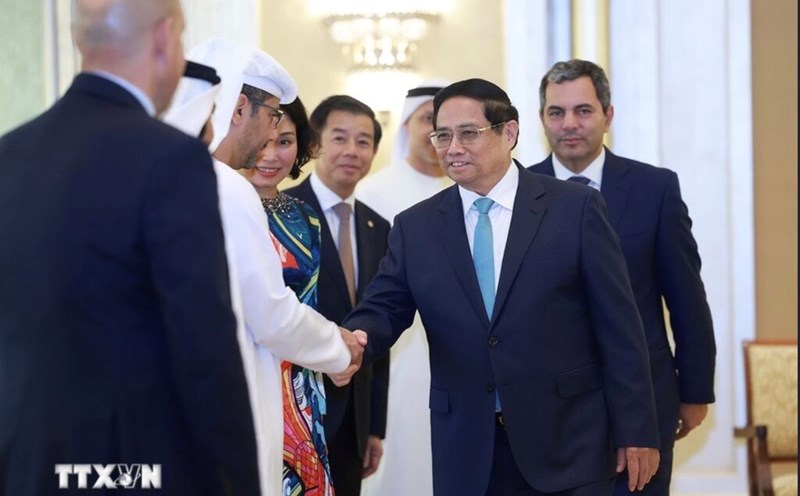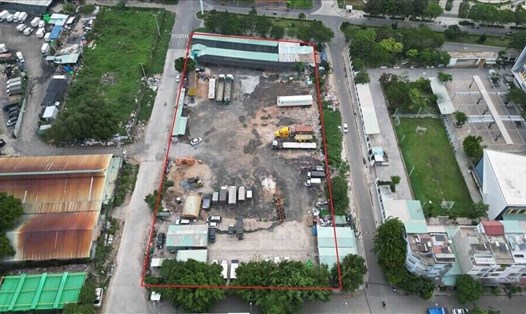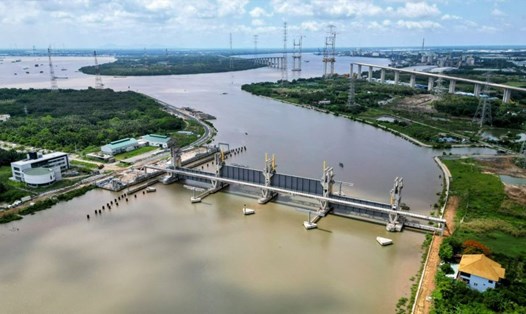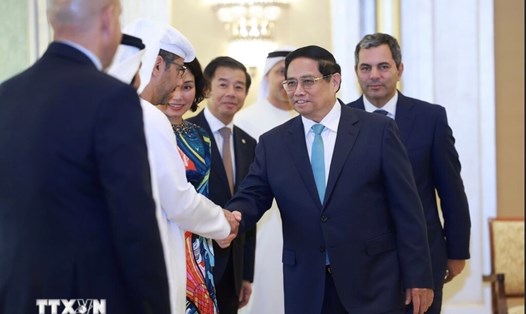The General Secretary pointed out that what people and businesses are concerned about is that regulations are set by humans, so why not remove them?
Public investment capital left in the “pocket” is a huge waste. The General Secretary gave an example, that is the flood prevention project in Ho Chi Minh City after 2 terms but people still suffer from flooding.There are many projects across the country, due to land clearance problems, for example, some localities have completed a bridge, but there is no access road so the bridge is exposed to the sun and rain.
Many roads are almost completed, but because a section has not been compensated for clearance, they are not finished for exploitation, which is a huge waste.Public hospitals and public facilities, unfinished construction, have been left to deteriorate seriously, becoming abandoned sites and scrap warehouses.
On October 21, 2024, Lao Dong Newspaper published an article "Dozens of billions of dong worth of office buildings unfinished for many years in Nghe An" reflecting that some agency and unit headquarters were invested with tens and hundreds of billions of dong, but the unfinished construction lasted for a long time, causing waste.Many other localities have similar projects, not only money is spent, but land is wasted month after month and year after year.
In addition to problems with site clearance, investment projects cannot be implemented because local leaders are afraid of making mistakes and avoid responsibility.Regarding this situation, it is partly due to the capacity of officials, but partly due to unclear legal regulations.Therefore, there must be sufficient legal regulations for individuals to determine their authority and responsibility in a transparent manner, only then will they dare to do it, dare to take responsibility, not push it around or avoid it.
The law clearly stipulates decentralization, delegation of authority, which tasks belong to the central level, the local level, which is also the basis for assessing management and operation capacity.If a project is not implemented or delayed, it will immediately point out where the bottleneck is, who, which agency is responsible.
If we want investment projects to be implemented quickly and smoothly, what needs to be done is to minimize administrative procedures, reduce unnecessary regulations, and request-grant procedures.These procedures hinder the progress of projects and generate negative costs, affecting the quality of projects and works.

